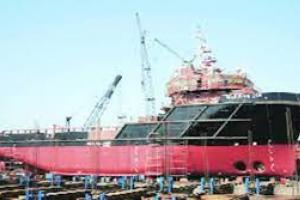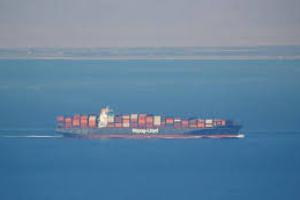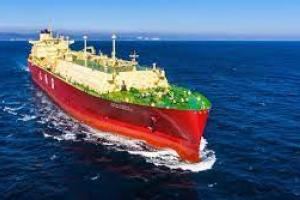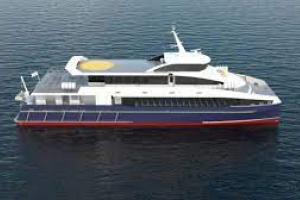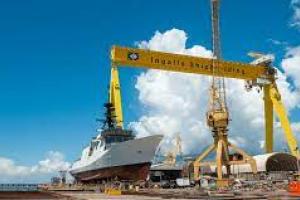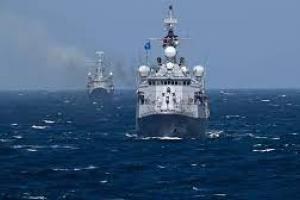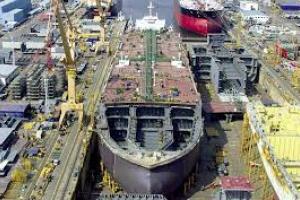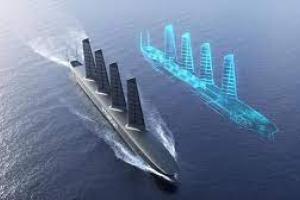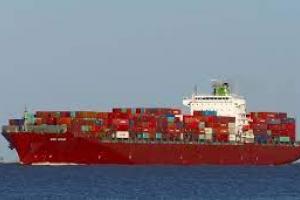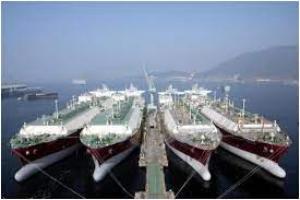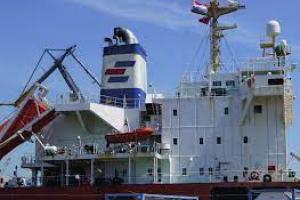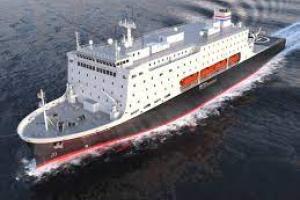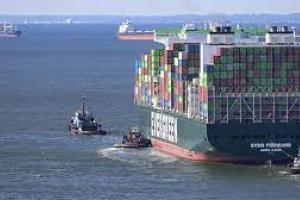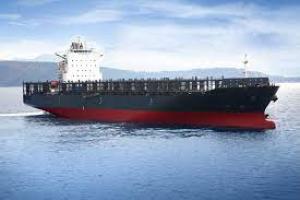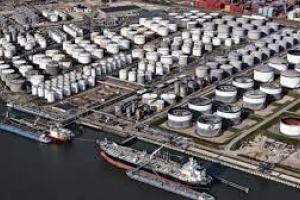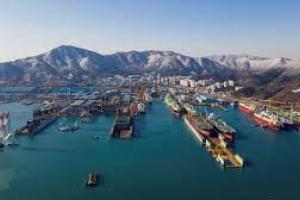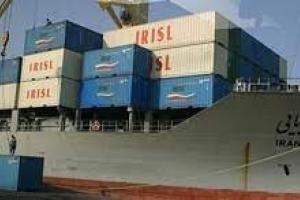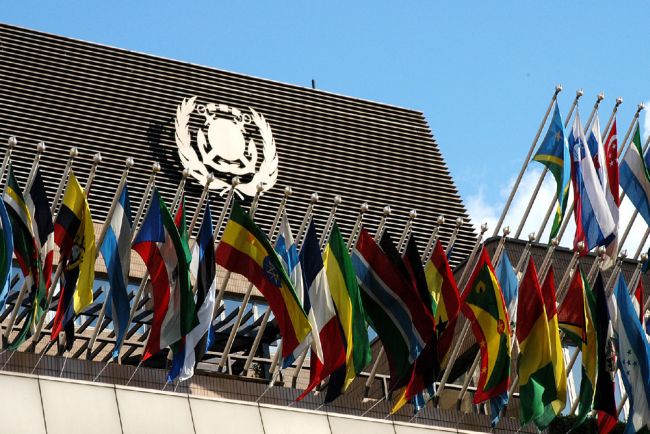
A new market-based measure to cut shipping emissions has been put forward to the International Maritime Organization (IMO) by a powerful grouping led by China and supported by Argentina, Brazil, South Africa, and the United Arab Emirates.
The proposal, submitted earlier this month, calls for an International Maritime Sustainability Funding and Reward (IMSF&R) mechanism as a mid-term measure to reduce greenhouse gas (GHG) emissions from ships.
The backers of the mechanism claim it could incorporate almost all the goals of other candidate measures that IMO’s Marine Environment Protection Committee (MEPC) is mulling such as ambition assurance, first-mover impetus, revenue-raising for capacity building and impact mitigation, and research and development while addressing the concerns about unaffordable fuel prices, rationing of transport supply and the potential heavy administrative burden.
Other measures being considered at the UN’s maritime body include carbon levies, a cap-and-trade system as well as the International Chamber of Shipping’s maritime research fund, none of which the five countries backing the new proposal belief will work perfectly.
The IMSF&R mechanism, which has been created by China, the world’s most important merchant shipping nation, is designed on the basis of the existing IMO Data Collecting System (DCS) and Carbon Intensity Indicator (CII) mechanism. Its basic concept is to set up the upper/lower benchmark CO2 emissions level for a ship based on its upper/lower ‘C’ rating boundaries as set out in the CII rating guidelines in conjunction with its capacity and actual distance traveled in a calendar year. Then, to collect funding contributions from ships with actual CO2 emissions above the upper benchmark level and reward ships with CO2 emissions below the lower benchmark level.
Apart from rewarding superior players, the funding contributions collected would be also used to finance the capacity building and negative impacts mitigation in developing countries likely to be negatively impacted and to support the research and development programs to accelerate the development of low/zero-carbon marine fuels and technologies, including addressing the intellectual property issues to make the new fuels and technologies accessible for developing countries.
Backers of the proposal claim it is both a predictable pathway for international shipping towards decarbonization as well as ensuring sufficient transport supply for international trade.
The proposal, submitted earlier this month, calls for an International Maritime Sustainability Funding and Reward (IMSF&R) mechanism as a mid-term measure to reduce greenhouse gas (GHG) emissions from ships.
The backers of the mechanism claim it could incorporate almost all the goals of other candidate measures that IMO’s Marine Environment Protection Committee (MEPC) is mulling such as ambition assurance, first-mover impetus, revenue-raising for capacity building and impact mitigation, and research and development while addressing the concerns about unaffordable fuel prices, rationing of transport supply and the potential heavy administrative burden.
Other measures being considered at the UN’s maritime body include carbon levies, a cap-and-trade system as well as the International Chamber of Shipping’s maritime research fund, none of which the five countries backing the new proposal belief will work perfectly.
The IMSF&R mechanism, which has been created by China, the world’s most important merchant shipping nation, is designed on the basis of the existing IMO Data Collecting System (DCS) and Carbon Intensity Indicator (CII) mechanism. Its basic concept is to set up the upper/lower benchmark CO2 emissions level for a ship based on its upper/lower ‘C’ rating boundaries as set out in the CII rating guidelines in conjunction with its capacity and actual distance traveled in a calendar year. Then, to collect funding contributions from ships with actual CO2 emissions above the upper benchmark level and reward ships with CO2 emissions below the lower benchmark level.
Apart from rewarding superior players, the funding contributions collected would be also used to finance the capacity building and negative impacts mitigation in developing countries likely to be negatively impacted and to support the research and development programs to accelerate the development of low/zero-carbon marine fuels and technologies, including addressing the intellectual property issues to make the new fuels and technologies accessible for developing countries.
Backers of the proposal claim it is both a predictable pathway for international shipping towards decarbonization as well as ensuring sufficient transport supply for international trade.
“In general, the IMSF&R mechanism would bring far fewer negative impacts on fleets than all the other mid-term measures proposed so far,” the submission to the IMO claims. A blanket carbon levy, as other proposals have demanded, would lead to a general increase in transport costs, the Chinese submission suggests, while the cap-and-trade route is complex, uncertain and will likely create a heavy administrative burden.
News Category


